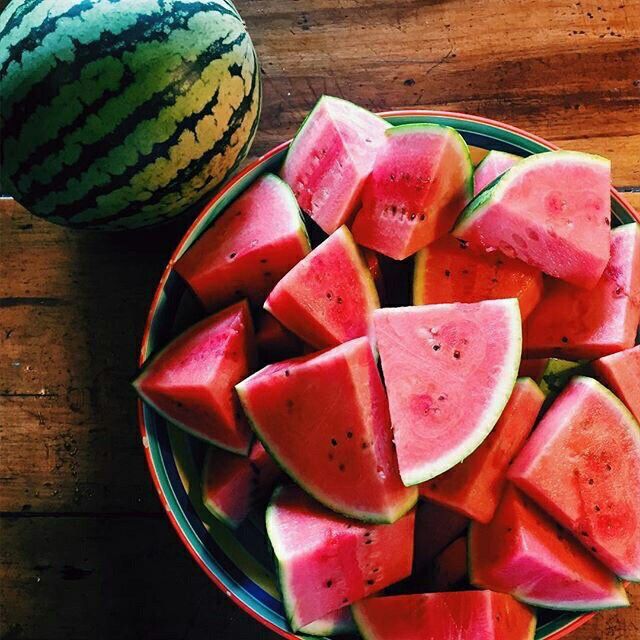
Peptic ulcers are open sores that develop on the inside lining of your stomach and the upper portion of your small intestine. The most common symptom of a peptic ulcer is stomach pain.
Peptic ulcers include:
- Gastric ulcers that occur on the inside of the stomach
- Duodenal ulcers that occur on the inside of the upper portion of your small intestine (duodenum)
The most common causes of peptic ulcers are infection with the bacterium Helicobacter pylori (H. pylori) and long-term use of nonsteroidal anti-inflammatory drugs (NSAIDs) such as ibuprofen (Advil, Motrin IB, others) and naproxen sodium (Aleve). Stress and spicy foods do not cause peptic ulcers. However, they can make your symptoms worse.
Symptoms
- Burning stomach pain
- Feeling of fullness, bloating, or belching
- Intolerance to fatty foods
- Heartburn
- Nausea
The most common peptic ulcer symptom is burning stomach pain. Stomach acid makes the pain worse, as does having an empty stomach. The pain can often be relieved by eating certain foods that buffer stomach acid or by taking an acid-reducing medication, but then it may come back. The pain may be worse between meals and at night.
Food and Ulcer
Food changes can be important for treating and preventing stomach ulcers. It is important to avoid foods and flavorings that induce the stomach to produce acids. According to Mayo Clinic, peptic ulcers are open sores that develop on the inside lining of your stomach and the upper portion of your small intestine. The most common symptom of a peptic ulcer is stomach pain. Peptic ulcers include; Gastric ulcers that occur on the inside of the stomach and Duodenal ulcers that occur on the inside of the upper portion of your small intestine (duodenum).
According to Harvard Health Publishing, 4 million people in the U.S. develop an ulcer each year. Although ulcers are open sores in the lining of the stomach or the duodenum (first part of the small intestine), but they can also be found in the esophagus, reports the American Academy of Family Physicians.
The most common causes of peptic ulcers are infection with the bacterium Helicobacter pylori (H. pylori) and long-term use of nonsteroidal anti-inflammatory drugs (NSAIDs) such as ibuprofen (Brustan N, IBU 400, others) and naproxen sodium (Aleve). Stress and spicy foods do not cause peptic ulcers. However, they can make your symptoms worse.
Watermelon also contains antioxidants. These substances can help remove molecules known as free radicals, or reactive species, from the body. The body produces free radicals during natural processes, such as metabolism. They can also develop through smoking, air pollution, stress, and other environmental pressures.
If too many free radicals stay in the body, oxidative stress can occur. This can result in cell damage and may lead to a range of diseases, such as cancer and heart disease. The body can remove some free radicals naturally, but dietary antioxidants support this process.

Is Water Melon Good For Ulcer Patients?
Watermelon has high water content (around 90% water) and also provides some fiber. These nutrients help promote a healthy gut by preventing constipation and promoting the regularity of bowel movements. Lack of water, calcium, and magnesium can cause ulcers, gastritis, and acid reflux because the stomach doesn’t have enough water to produce digestive acid.
As the name implies, watermelon can keep you hydrated. We get 80% of hydration from what we drink and 20% from what we eat; watermelon can definitely help with this balanced intake. Your body will pull any available fluids to help food move through your system, and if there is not enough available, the result can be constipation or bloating with slow digestion. Stomach ulcers or acid reflux issues can also present themselves in more severe or prolonged periods of dehydration.
Watermelon is also very rich in fiber, such foods that are high in fiber are good for ulcers in two ways. Fiber can lower the amount of acid in your stomach while easing bloating and pain. Research has also shown that a diet rich in fiber may help prevent ulcers. Watermelon is a high source of vitamins A and C Foods which may be particularly helpful.
The main candidate for the cause of stress ulcers is oxidative stress. There is some evidence that psychological stress, in addition to physical stress such as surgical intervention and microbial infection including Helicobacter pylori (H. pylori), leads to oxidative stress in the stomach. Lycopene found in watermelon may reduce inflammation and oxidative stress, an imbalance between free radicals (the unstable molecules that the body produces naturally, which can cause illness), and the body’s ability to fight their effects. Chronic inflammation can raise your risk for certain diseases, including ulcers, and research shows that lycopene has the potential to reduce inflammation and keep reduce your risk for cancers of the digestive tract and prostate cancer
SEE: Zobo Recipes: How To Make Zobo With Watermelon, Dates, and Banana
Foods to Avoid
Those trying to heal their stomach ulcers or avoid developing them should consider minimizing their intake of the following foods;
Milk: Although once recommended to help reduce stomach acidity and relieve pain, new research shows milk increases the secretion of stomach acid and should be avoided by those with ulcers.
Alcohol: Alcohol consumption can cause damage to the stomach and digestive tract, increasing the likelihood of ulcers.
Coffee and soft drinks: Coffee and soft drinks, even if they’re decaf, can increase the production of stomach acid, which can irritate the stomach lining.
Spicy and fatty foods: Extremely spicy or fatty foods can create feelings of irritation in some people. Chili peppers are an exception, based on personal tolerance.
In addition to avoiding the foods above, consuming small meals at regular times, snacking throughout the day, eating slowly, and chewing your food well can help reduce pain and promote healing.
Moreover, avoiding smoking and reducing stress are two additional useful anti-ulcer strategies.
ALSO READ: How To Use Kenalog Cream For Mouth Ulcers




